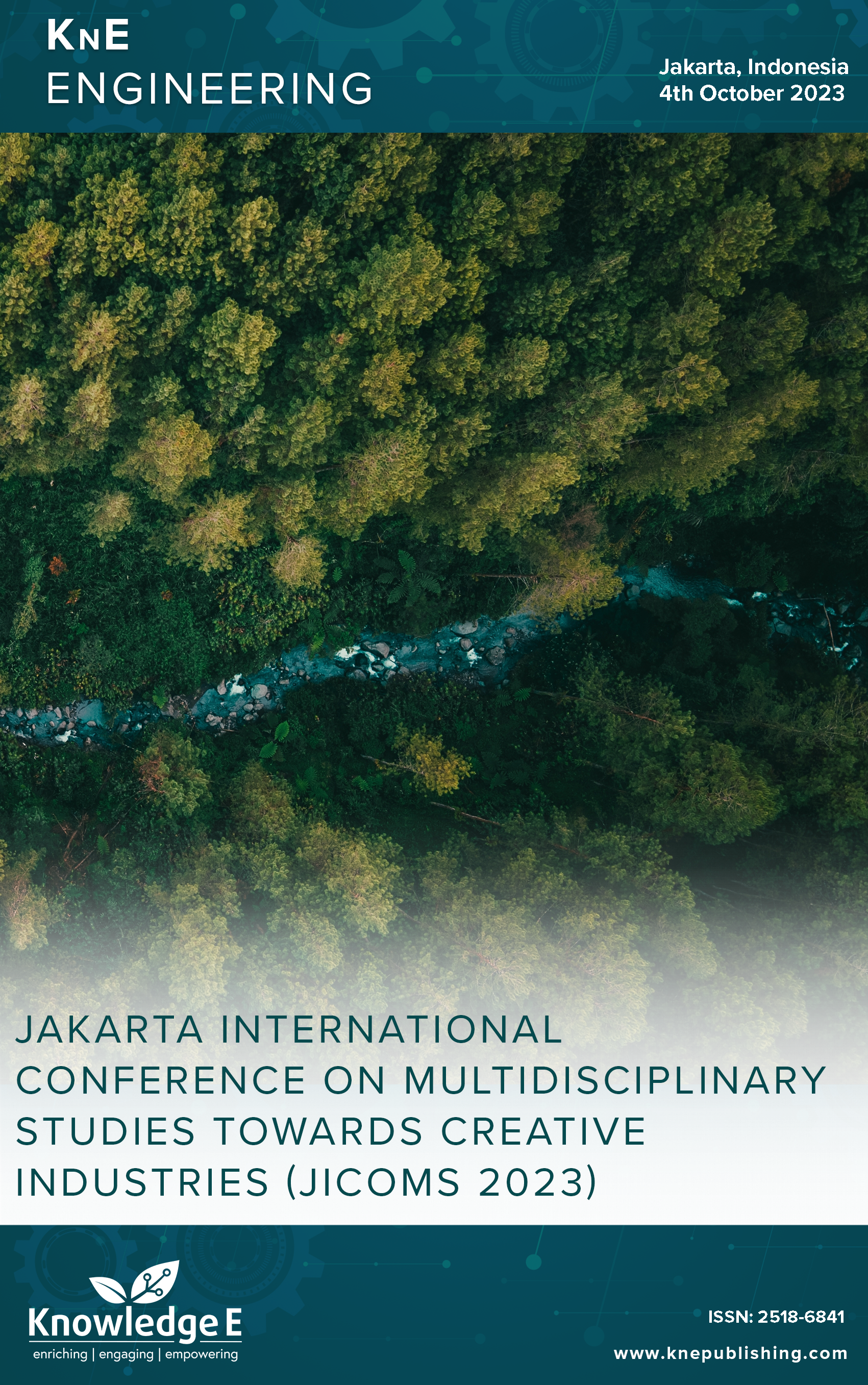Game Design in the Design Thinking Process For a Video Game Development Model to Support Tourism
DOI:
https://doi.org/10.18502/keg.v6i1.15413Abstract
This article discusses the influence of video games on the tourism industry. Video games have become a popular and rapidly growing form of entertainment worldwide. This article reveals how video games can promote tourism through immersive virtual experiences, explore fictional worlds with stunning landscapes, and showcase the culture and historical heritage of various regions different. Dubois and Gibbs proposed the theory that video games can influence tourists’ motivation to visit video gamerelated tourist attractions. Although video games have the potential to boost tourism, research shows that their effectiveness is still lower than that of cinema or print media. However, the development of video games with tourism themes offers opportunities for game developers and the tourism industry. By combining advanced technology and creativity, video games can provide educational experiences, promote tourist destinations, and create new value for players. The author offers a new framework that integrates design thinking with game design as a more effective approach in developing video games that support tourism.
Keywords: video game, tourism, game design, design thinking
References
[2] Dubois LE, Griffin T, Gibbs C, Guttentag D. The impact of video games on destination image. Curr Issues Tour. 2021;24(4):554–566.
[3] Shaheer I. The nexus of video games and heritage attractions. Curr Issues Tour. 2022;25(9):1356–1360.
[4] Coghlan A, Carter L. “Serious games as interpretive tools in complex natural tourist attractions,” J. Hosp. Tour. Manag., vol. 42, no. xxxx, pp. 258–265, 2020, https://doi.org/10.1016/j.jhtm.2020.01.010.
[5] Adams E. Fundementals of Game Design. 2010.
[6] Salen K, Zimmerman E. Rules of play - Game design fundamentals. Cambridge (Massachusetts): Massachustts Institute of Technology;2004. https://doi.org/10.1201/b17460.
[7] Mulller-Roterberg C. Design thinking for dummies. Wiley; 2020.
[8] Lewrick M, Link P, Leifer L. The design thinking toolbox. Wiley; 2020.
[9] Widarti E, Emanuel AW. Mobile application design for heritage tourism uses gamification approach in Indonesia. Int. J. Eng. Pedagog. 2020;10(5):89–102.
[10] Bahtiar AR, Segara AJ, Suyoto S. Design of smart gamification in village tourism: An Indonesian case study. Int. J. Eng. Pedagog. 2020;10(1):82–93.
[11] Partners N. “White Paper, Game Tech: How Video Games are Seriously Changing the World,” 2022.
[12] Sihombing L, Manurung D. “Peta Ekosistem Industri Game Indonesia 2021,” 2021.
[13] van Nuenen T, Scarles C. Advancements in technology and digital media in tourism. Tour Stud. 2021;21(1):119–132.
[14] K. P. dan E. Kreatif, “Alasan Menparekraf Fokus Kembangkan 5 Destinasi Super Prioritas,” 2021. https://kemenparekraf.go.id/ragam-pariwisata/Alasan-Menparekraf- Fokus-Kembangkan-5-Destinasi-Super-Prioritas (accessed May 30, 2023).
[15] Kemenparekraf, “5 Destinasi Super Prioritas,” Kementerian Pariwisata dan Ekonomi Kreatif, 2021. https://info5dsp.kemenparekraf.go.id/ (accessed Jun. 03, 2023).
[16] Lesmana H, Sugiarto S, Yosevina C, Widjojo H. A competitive advantage model for indonesia’s sustainable tourism destinations from supply and demand side perspectives. Sustainability (Basel). 2022;14(24):16398.
[17] Idris I, Adi KR, Firmansyah R, Nadhianty A, Mobaroq MH, Putri PG, et al. Developing smart tourism using virtual reality as a tourism promotion strategy in Indonesia. Geo J Tour Geosites. 2021;35(2):332–337.
[18] Huda N, Rini N, Muslikh M, Hidayat S, Takidah E, Sari DP, et al. Strategic model for halal tourism development in Indonesia: A preliminary research. Indones. J. Halal Res. 2022;4(2):53–64.
[19] Sutono A, Tahir S, Sumaryadi S, Hernowo A, Rahtomo W. The implementation of halal tourism ecosystem model in Borobudur Temple as tourism area. Indones. J. Halal Res. 2021;3(1):13–20.
[20] Berto AR, Murwani E. Sociocultural information gap in the dive tourism industry: Evidence from Komodo National Park. J. Ilmu Komun. 2022;20(1):1.
[21] Cozza M, Isabella S, Di Cuia P, Cozza A, Peluso R, Cosentino V, et al. Dive in the past: A serious game to promote the underwater cultural heritage of the mediterranean sea. Heritage. 2021;4(4):4001–4016.


